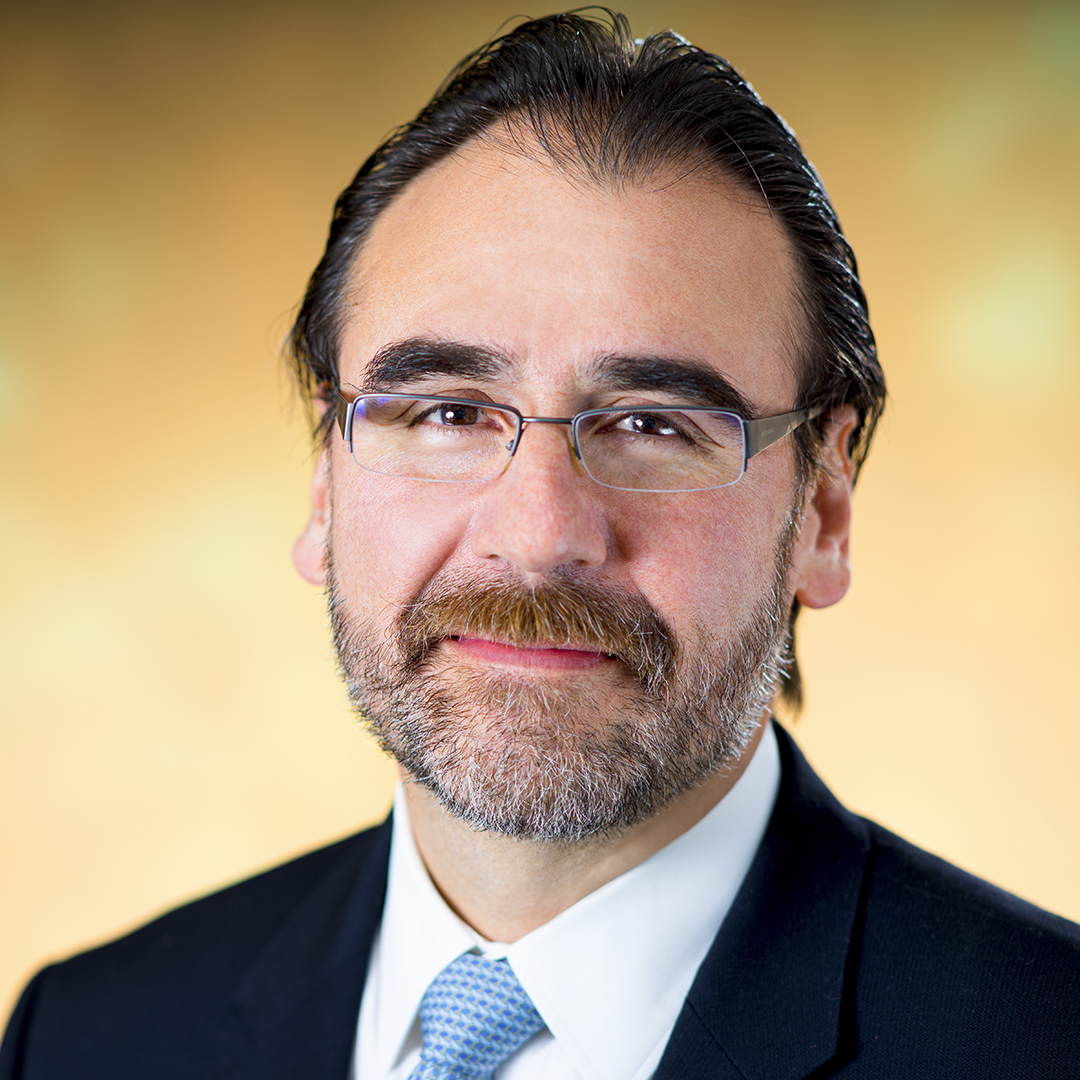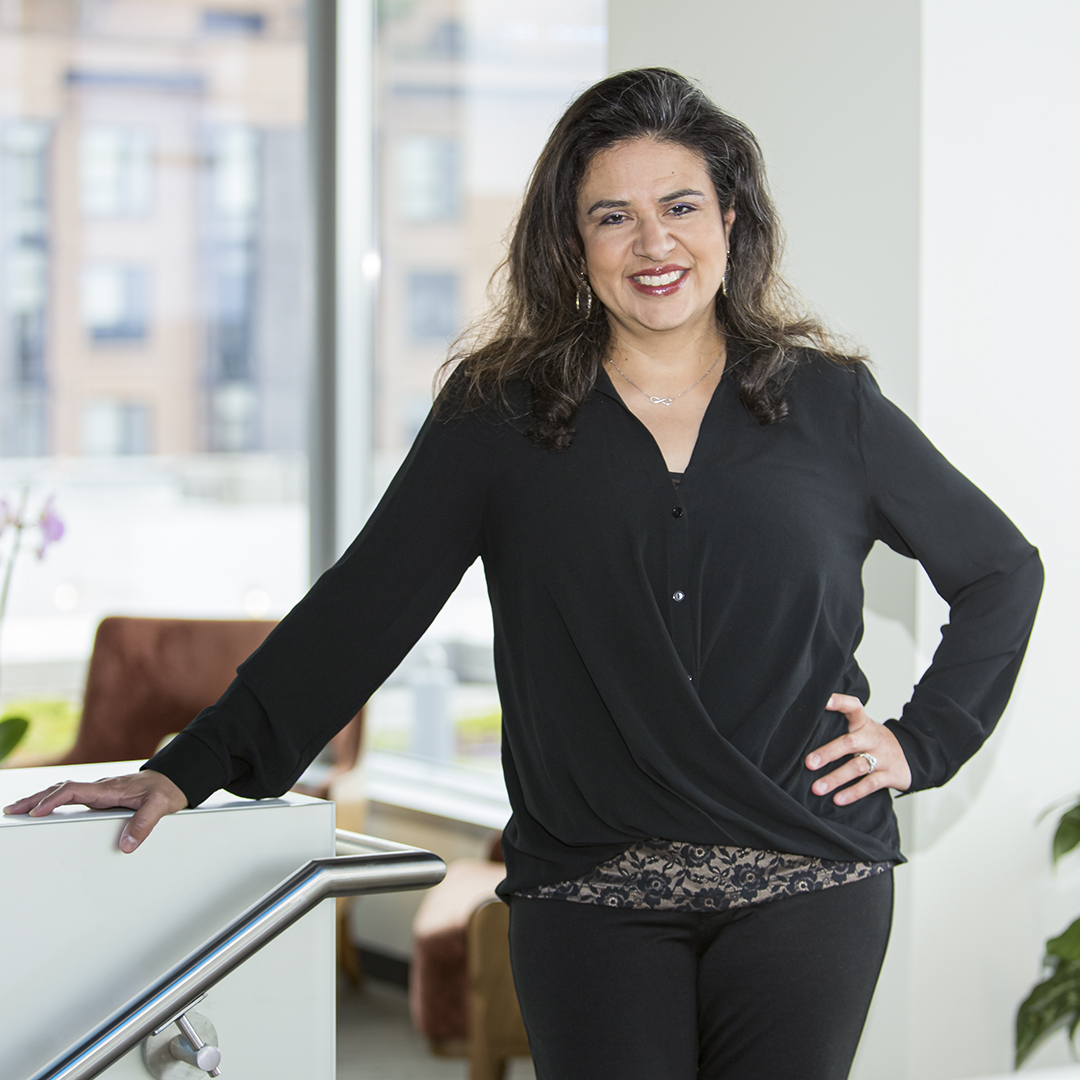|
Getting your Trinity Audio player ready...
|
“We as individuals can touch people’s lives in ways we can’t even imagine,” remarks Anna Cabral, former US Treasurer and board member of prestigious organizations such as Navient, the Jessie Ball duPont Fund, the microfinance foundation for the BBVA Bank (BBVAMF), and the Diversity Advisory Committee of Comcast NBCUniversal. “It really takes almost no effort to do something positive.”
Cabral’s story begins with just such an individual: her high school math teacher, Mr. Lamm. Growing up in a very poor, very traditional Mexican American family, Cabral had a vision for the future that never extended much beyond graduating from high school. But when she was sixteen, she decided to leave early so that she could help support her family.
“I loved school, but we were struggling financially,” Cabral, the eldest of five children, recalls. “But then Mr. Lamm called me into his office and said that if I really wanted to do something for my family, I should think about applying to college.
“And even when I told him that we couldn’t afford college, he insisted,” Cabral continues. “He wrote my college application forms during that meeting. He talked my parents—who were very protective—into letting me go off to college, and he found me all the scholarship dollars I needed to go to the University of California, Santa Cruz.”
Even with those funds, Cabral remained on a very tight budget throughout college—she had to learn how to budget for living and incidental costs as well as find money to send home to her family. Nevertheless, Cabral says college was a “life-changing” experience.
“It opened doors that I never even knew existed, but at the same time it left me angry. There were a lot of people in the neighborhoods where I grew up who died young because of drugs or gangs, or who had babies when they were still babies themselves,” Cabral explains. “None of them were really very different from me. They just didn’t have a Mr. Lamm.”
According to Cabral, the only way she could think to reconcile that disparity was to give back to others. “And that’s what I’ve tried to do with my entire life,” Cabral says.
“Unfortunately, people don’t usually talk about money at the dinner table, and often, it’s not taught in school.”
Soon after graduating from the University of California, Cabral found a focus for her efforts to give back: education. With the encouragement of her husband, she decided to continue her education at the Harvard Kennedy School of Government, but as Cabral emphasizes, her experience there was far from usual.
“I had fallen in love at eighteen and had four children in a row, so my youngest often came to class with me. He was three at the time, and whenever the professor would ask if people had questions, he always raised his hand,” Cabral says with a laugh. “I was very different from most Harvard students, but with my husband’s support, I got my degree and moved with my family to Washington, DC.”
During the next thirty years, Cabral’s expertise drew the attention of some of the most powerful individuals in the nation. She became the president and CEO of the Hispanic Association on Corporate Responsibility, and she worked on the Senate Judiciary Committee with Senator Orrin Hatch, who taught her “how you can really make things happen for the American people.”
She was tapped by President George W. Bush to serve on the Council on the 21st Century Workforce, and from 2004 to 2009, Cabral served the nation as US Treasurer—during which time she also obtained her JD from the George Mason University School of Law.
“In these times, we need to make a point of committing to lifetime learning: jobs and careers and skill sets are always changing,” Cabral says of her decision to pursue an advanced degree later in life. “And that education doesn’t necessarily have to be only formal. Not everybody needs to go get a four-year degree—there are trade schools and skills that are just as valuable. Learning can include courses at a community center or community college, or creating a personal reading list and enrolling in a degree program.”
But no matter what kind of learning or training you pursue, Cabral emphasizes, you need to understand your financial situation, and the financial demands of that education, well enough to make good decisions for yourself. That, she says, is where a lot of Americans come up short.
“Everybody needs more financial education,” Cabral stresses. “The average person who borrowed for their bachelor’s degree graduates with around $30,000 in student loans for their college career. That can be a very sound investment, provided you complete the degree program. Increased earning potential doesn’t often materialize for those who drop out. And for those who borrow more than they need, or defer payments for too long, accrued interest can cause loans to balloon. There are a lot of young people who don’t understand basic budgeting concepts like saving for emergencies and retirement or managing credit wisely. As a result, some end up borrowing more than they need.
“Unfortunately, people don’t usually talk about money at the dinner table, and often, it’s not taught in school.” Opportunities are out there, Cabral believes, but people need to be able to make good financial decisions if they want doors to open to them. That is why, during her tenure in the Treasury Department, at the Inter-American Development, and the BBVAMF, Cabral has worked to increase access to financial services and education.
She’s proud to serve on the board of Navient, one of the largest student loan servicers in the country. “They do an excellent job of providing borrowers with the tools and information they need to choose among complicated federal student loan repayment options in order to stay current, protect their credit scores, and succeed in paying off their student loan debts.”
As Cabral puts it, financial education is just as valuable to those weighing how to finance their college education as it would have been in 2008. “The 2008 financial crisis exposed a great many shortcomings in the industry. There were clear policy implications. But it also revealed the importance of personal financial education. A little bit of financial education would have gone a long way in helping people protect themselves against industry professionals who encouraged them to borrow more than they could afford. Too many homeowners I spoke to then had a similar experience. They were told that houses always appreciate and that home values would double almost overnight,” she points out.
And this isn’t just a theory for Cabral: she knows firsthand the difference that education—financial education in particular—can make in a person’s life.
“I was raised in a household where we didn’t have money—and didn’t know how to manage money,” Cabral says. “We lost our home to foreclosure. When I left Harvard, my family had to repay a hundred thousand dollars in debt. It was difficult, but that investment paid off.”
“I truly believe that education is a great investment,” Cabral continues, “and it’s not just an investment in that person. It’s an investment in the community in which that person lives, and in the innumerable people that person touches in their lifetime.”

